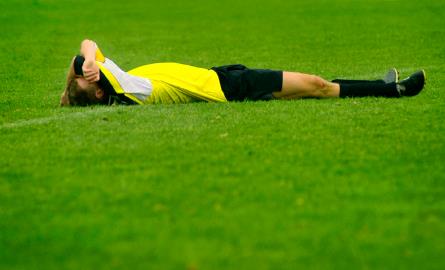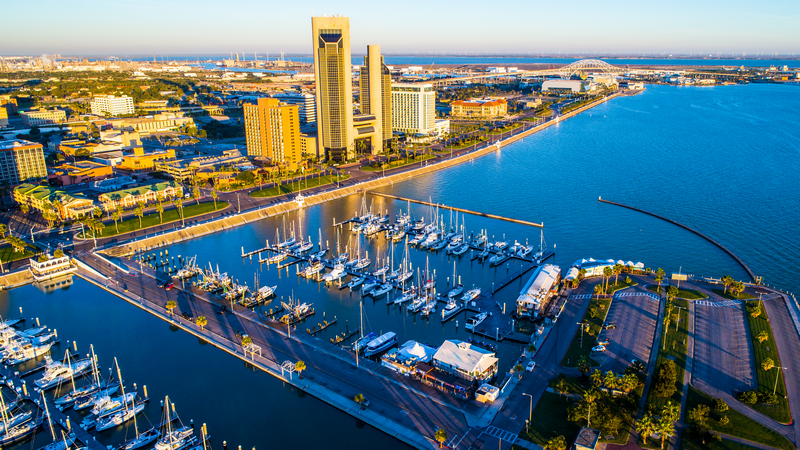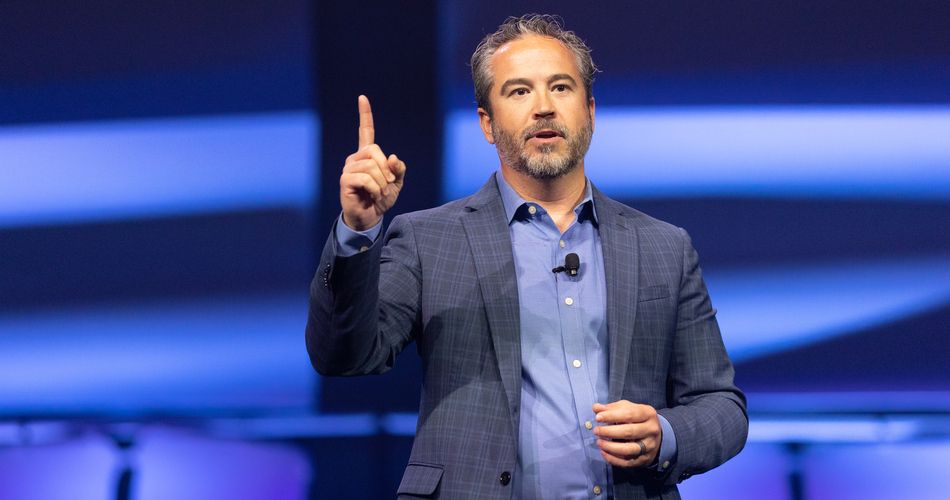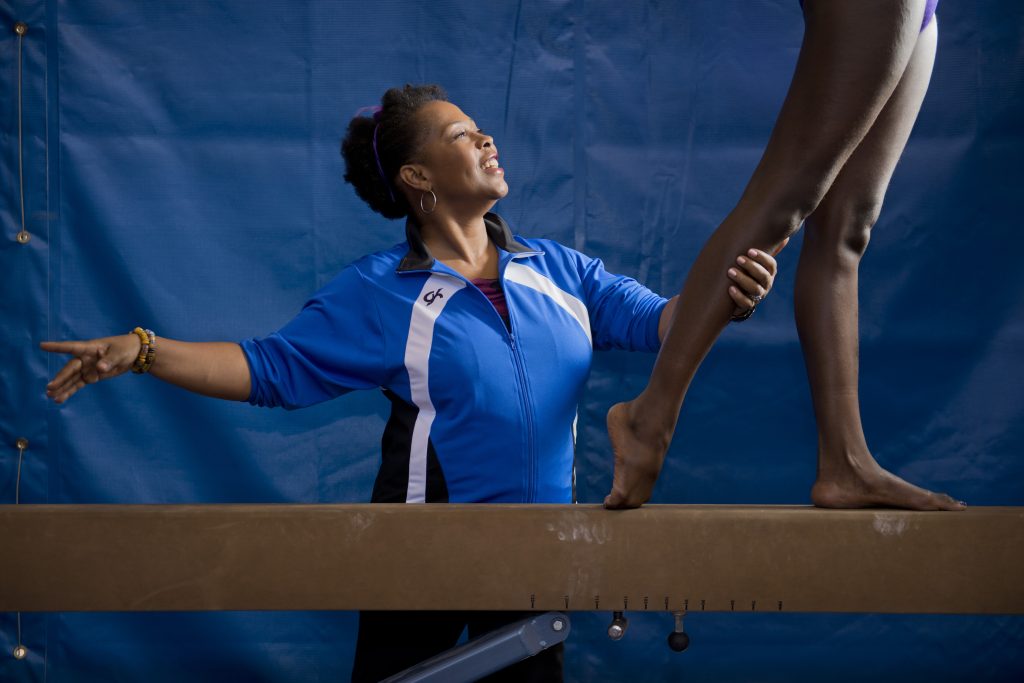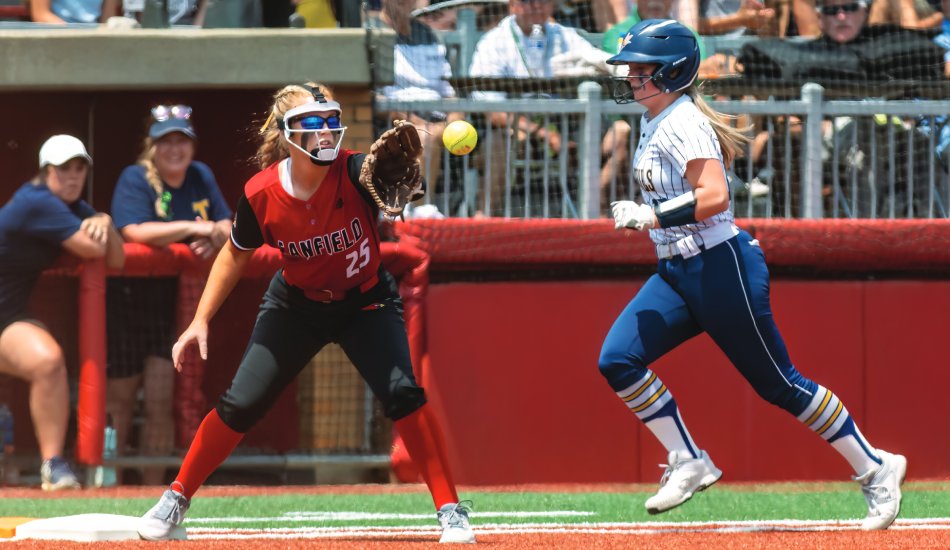Recently we were invited to present at a regional tourism conference. The conference’s theme was of course, sports tourism. Over 250 C-level tourism leaders attended the event, most of which were trying to capitalize on the growing market that is grass roots sports tourism.
In our work consulting many destination marketing organizations and sports commissions, we delve into the ways that our clients market themselves. We also talk to event rights holders and national governing bodies to ask them how they view certain communities, and what they look for in a host city. From these fact finding efforts, we have drawn several themes on what NOT to do when promoting a destination in the sports tourism marketplace.
1. Creating a “Brand” without a plan
If you have ever watched the television show Shark Tank, you know what we mean here. Brands are not built with a pretty logo and a new business card. They are built with results, which in our case means sales. Landing and properly executing events in your destination will build your brand, not some creative guy in an expensive agency downtown.
2. Adding “Sports Sales” to someone’s title
Taking a SMURF person and adding “Sports” to their title does not put your destination in the sports tourism game. Event rights holders will see right through that. Resist the temptation to put “sales” in anyone’s title and make sure the people that you send to sports trade shows know sports. If they don’t, your potential clients will know that your intention is a heads in beds play and will likely move on to another community that understands their event needs.
3. Employing the “Funnel” approach
You must avoid the often used method of filling your sales funnel hoping that some business will eventually fall out of the bottom. The thought that more leads mean more room nights is not true in sports. In sports, better RELATIONSHIPS lead to more events which lead to more room nights.
4. Disregarding community
Sports can bring more people to the table than the general hospitality industry might. Your community has folks in it that wouldn’t likely support tourism, but will support SPORTS. Use sports to tap into these new resources.
5. Putting room nights ahead of the event
If room nights are your priority, rights holders can smell it a mile away. Sports also have a greater opportunity to revisit certain host cities than the one-off conventions do. Put on a great event and they will come back soon, most often in a year or two. Many conventions come to a community once then don’t return for decades. It’s easier to get more business from a happy client than it is to find a new one. Room nights will be realized, but the event has to come first. Put on a good event and the fruits of that effort will be borne over the long haul.
We have talked about authenticity in the past. No place is this more important than the sales process. Use knowledgeable people to sell your brand, bring in new resources by placing sport ahead of room nights, and build long-term relationships but putting the event first. If you do these things, you will see great sports tourism results in your destination.

